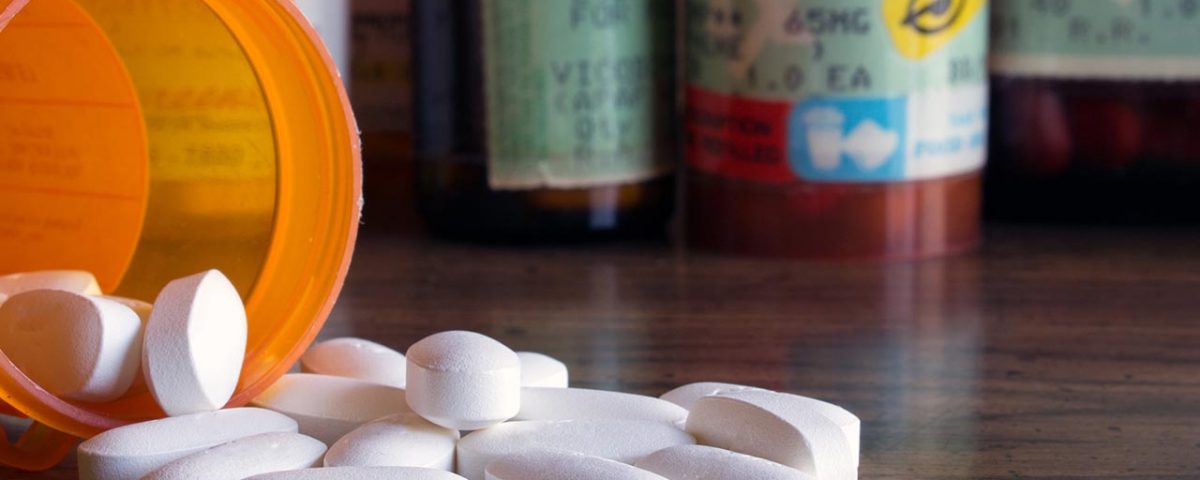Opioids have been causing serious problems across the United States for the past several years after an influx of opioids were prescribed in the 1990s.1 What many people did not know at the time was that these drugs are highly addictive.
People were misusing these pills and quickly became addicted without realizing it. Instead of going to get prescription pill addiction treatment and getting help, this problem escalated. Soon people were turning to heroin and synthetic opioids for stronger and often cheaper highs.
Illinois Opioid Epidemic
Like most of the rest of the country, Illinois was not able to escape these same problems. In 2015, 29% of people who were admitted into substance abuse treatment in Illinois that was funded by the Illinois Department of Human Services Division of Alcoholism and Substance Abuse cited opioids as their primary substance of abuse.2 While addiction comes with its own cost, the biggest problem is the number of people who are dying in the state from opioids. Since 2018, almost 11,000 people have died of opioid overdoses in Illinois.3 These numbers do not include people who were admitted to the emergency rooms because of opioids or those who were able survive an overdose.Combating the Opioid Epidemic in Illinois
Fighting the opioid crisis in Illinois is no easy task. The state has taken several steps to enact programs that are meant to decrease these problems, including in the areas of prevention, treatment, and harm reduction. Part of fighting the opioid epidemic in Illinois is keeping it from getting worse. The youth is an especially vulnerable group when it comes to drug abuse and misuse. In order to try and prevent this group from getting hooked on opioids, the Prairie State is focusing some of its efforts on educating the youth about the dangers of these drugs. Local prevention efforts and campaigns are also encouraged.For people who are already addicted, the ideal goal is to get them into treatment so they can become sober. Illinois has expanded its efforts to target inmates and people recently released from prison.4 Officials are also looking to make access to treatment easier for everyone with state-funded programs.
Along with trying to stop more people from become addicted, Illinois is also implementing some harm reduction strategies to reduce the damage done from opioid abuse like the high number of overdoses. Access to naloxone, a lifesaving opioid overdose reversing drug, has been expanded in Illinois since the rise in overdose deaths. In 2010, the state made it legal for non-medical individuals to administer the drug to prevent an overdose.4 Along with teaching everyday citizens how to use naloxone, a survey suggests that 92% of paramedics and 63% of firefighters carried the drug with them.4 Needle exchange programs are another harm reduction strategy that has been used in certain areas of the states, but many are calling to expand these programs. In the future, fighting the opioid crisis in Illinois may include safe injection sites, but for now, there are no such facilities in the United States.
Using these several different strategies to combat the opioid epidemic, Illinois hopes to start to see improvements in the coming years, but more measures may need to be taken to see drastic changes.
As providers of opiate addiction treatment in Chicago, we have seen the devastation that these drugs can have on people, their loved ones, and the community. Whether you have developed an addiction to opioids yourself or you know someone who has, you should not wait to ask for help. Not only can addiction cause a downward spiral, but it can also cost someone their life.
To get more details about our facility as well as our programs at Banyan Chicago, reach out to us now at 888-280-4763.
Sources & References:
- CDC - Understanding the Epidemic
- State of Illinois Department of Human Services - The Opioid Crisis in Illinois
- NIH - Illinois: Opioid-Involved Deaths and Related Harms
- State of Illinois Department of Public Health- State of Illinois Opioid Action Plan









